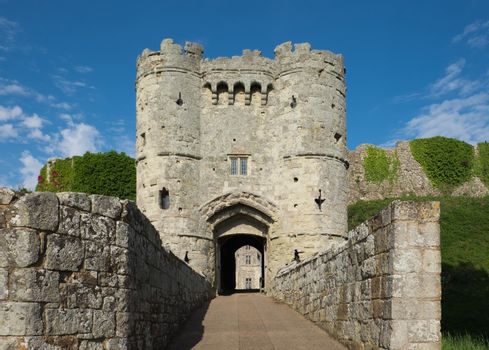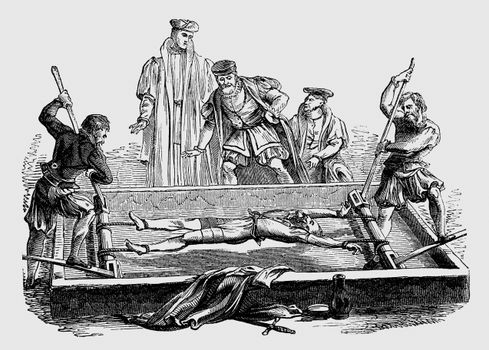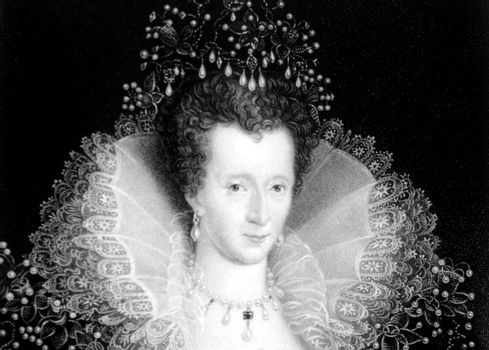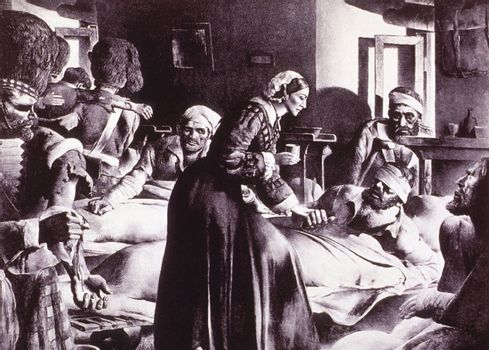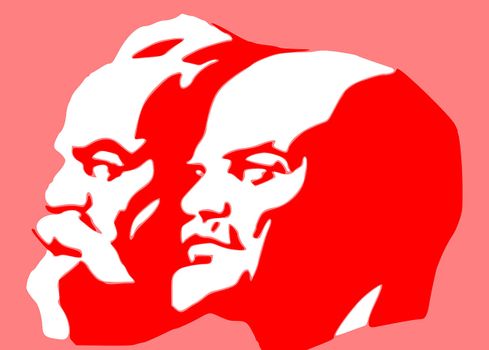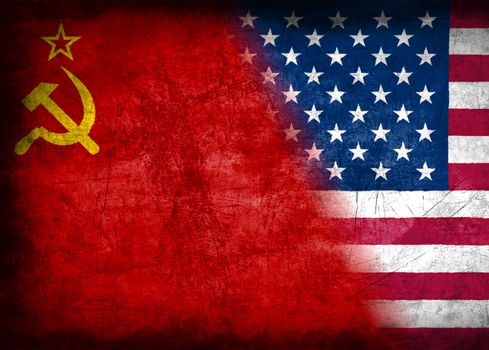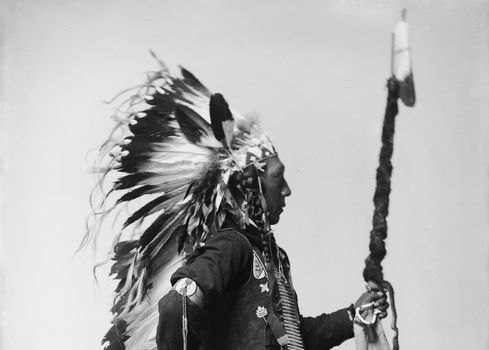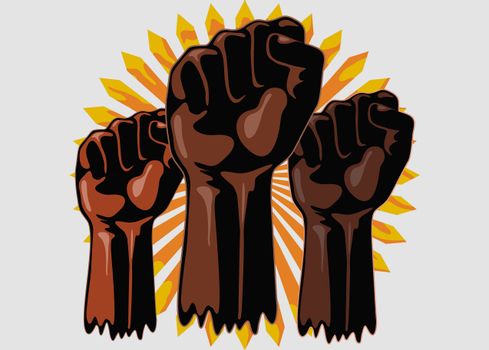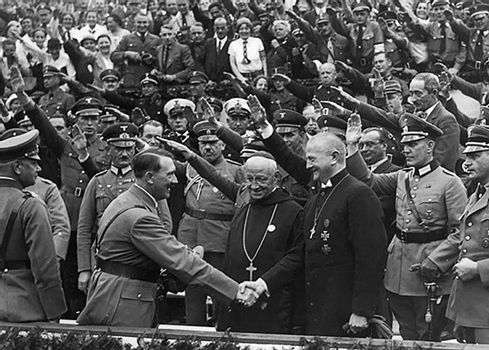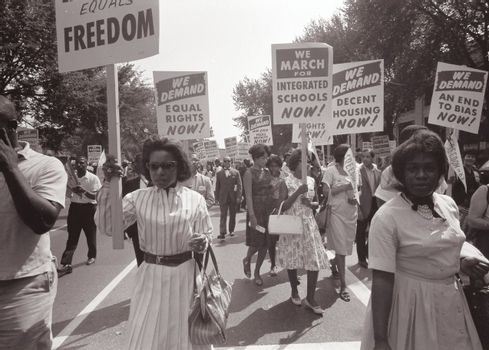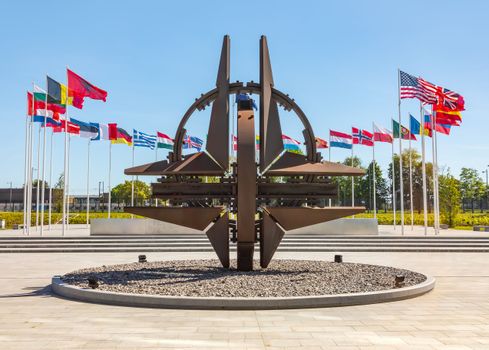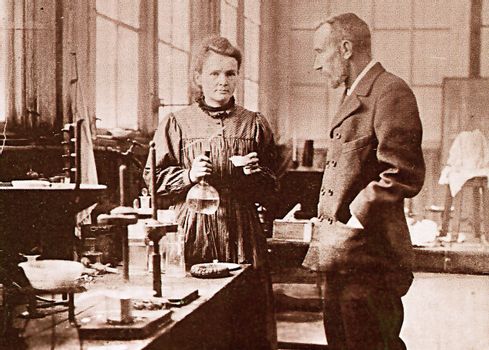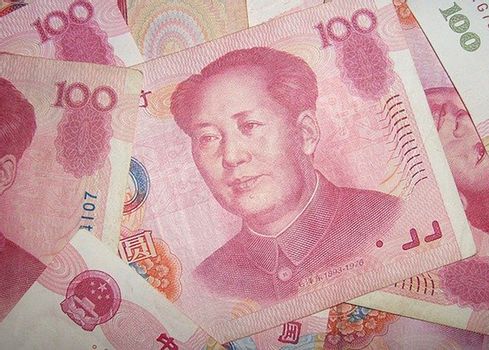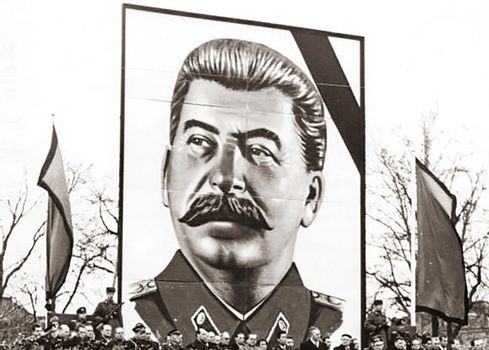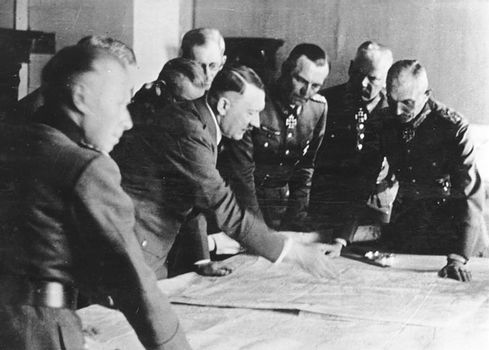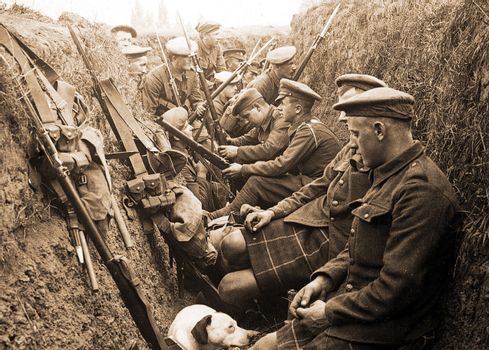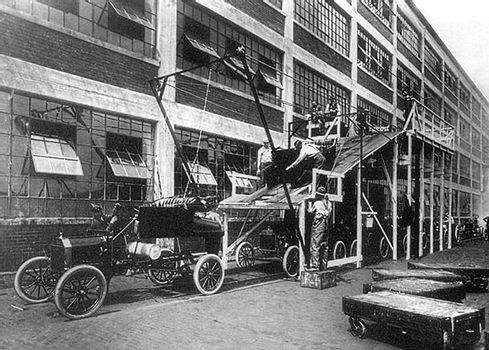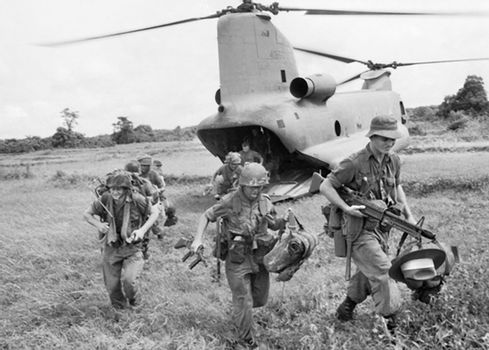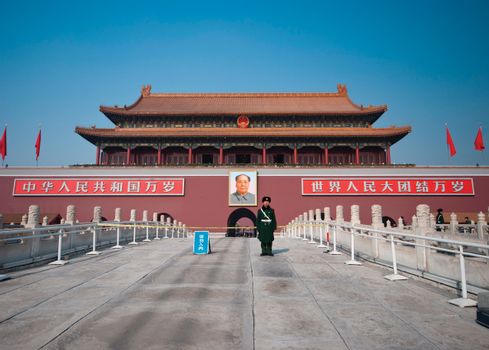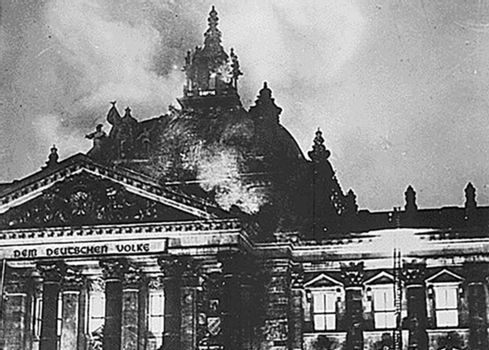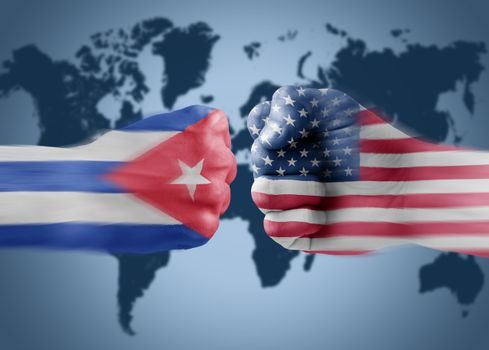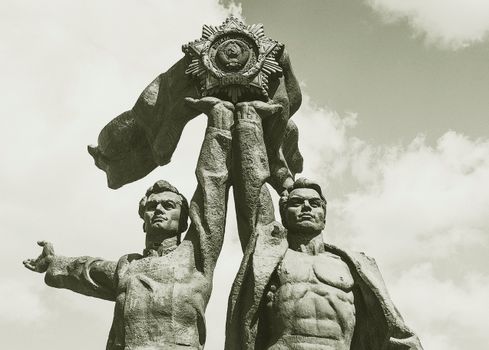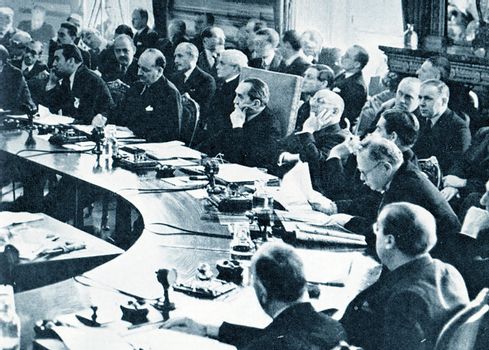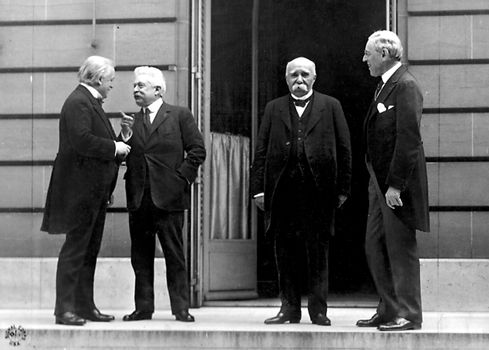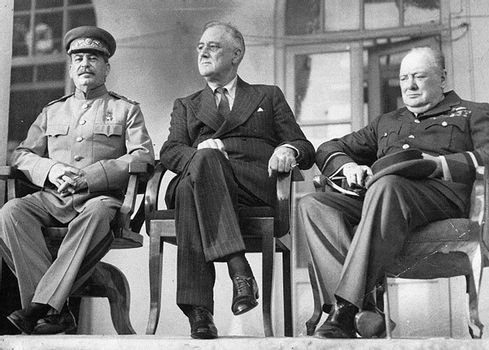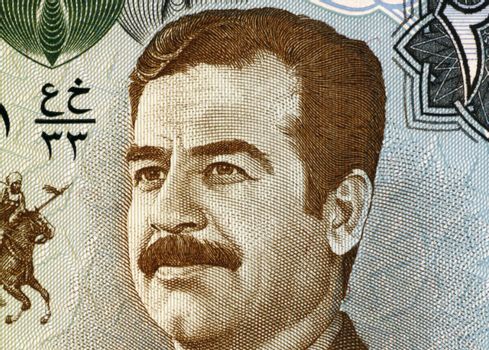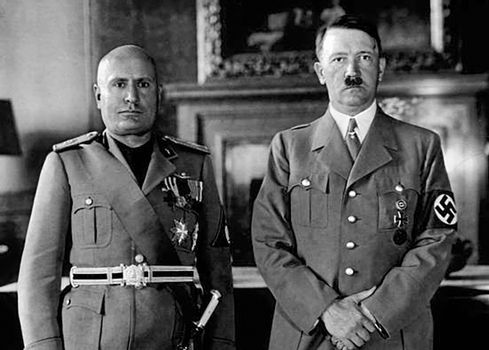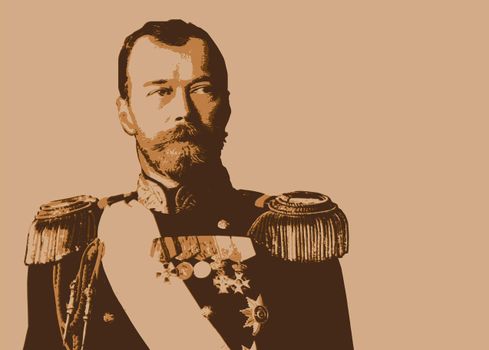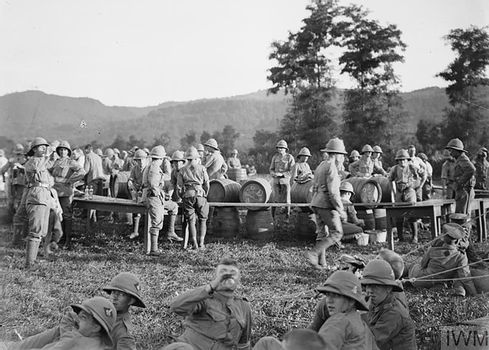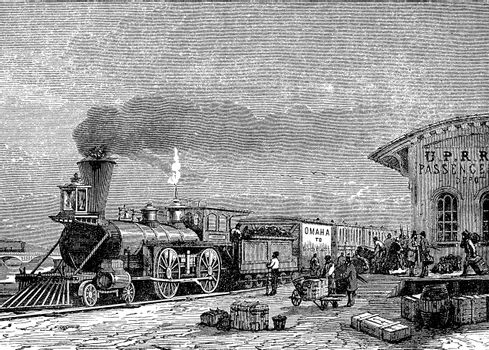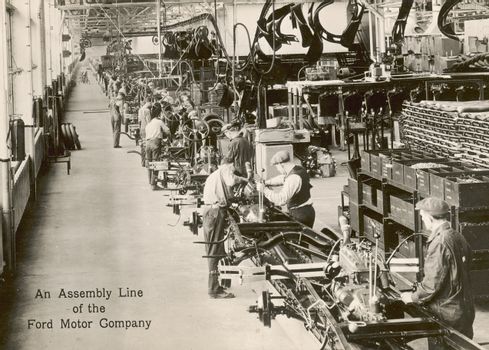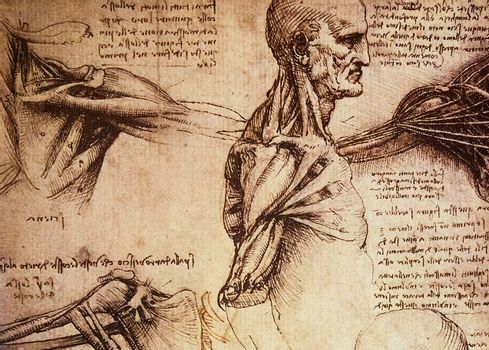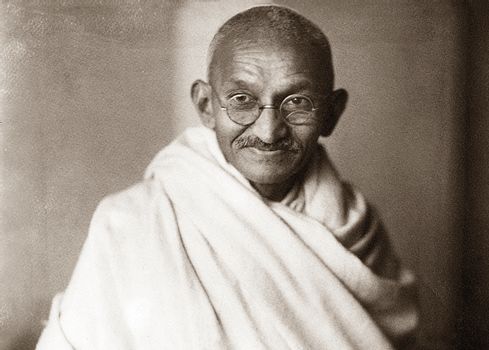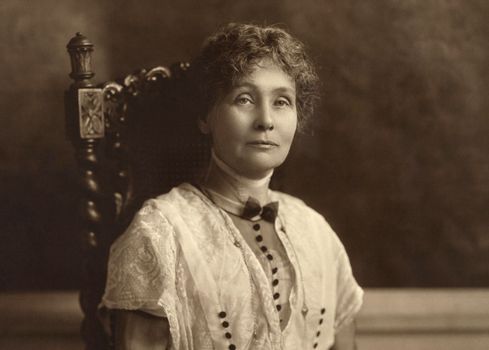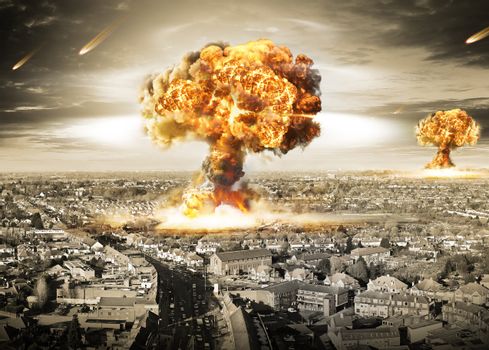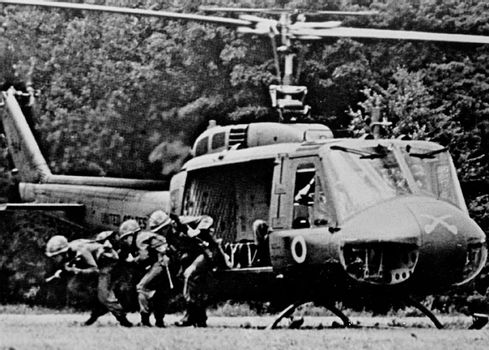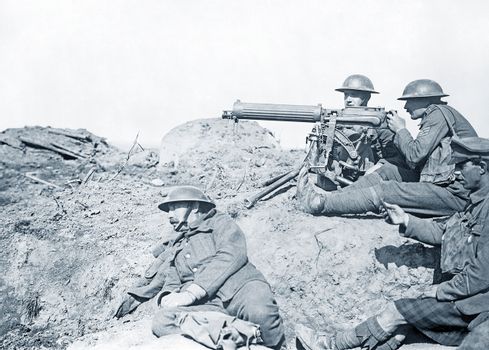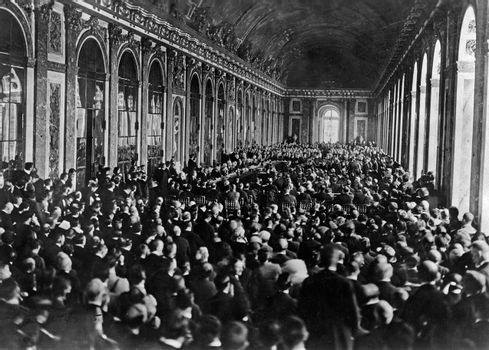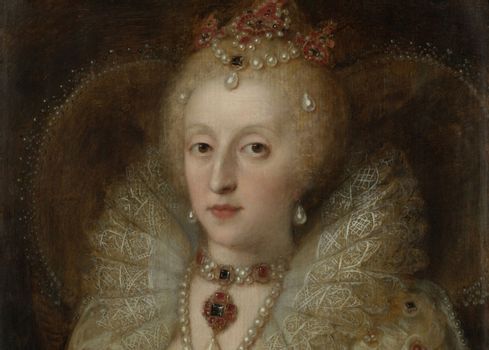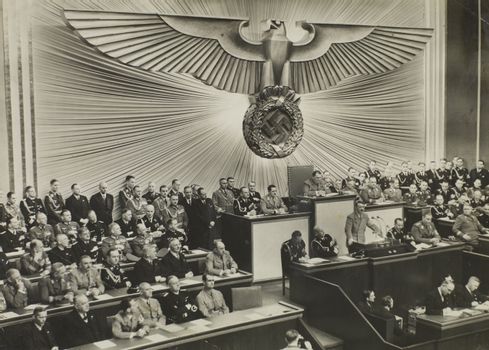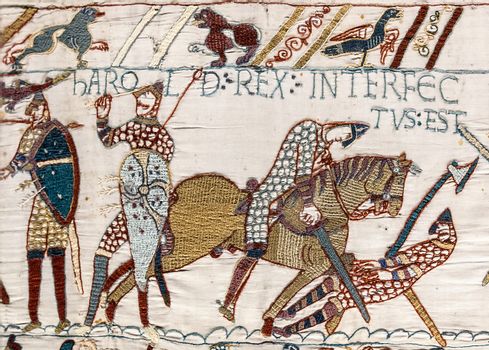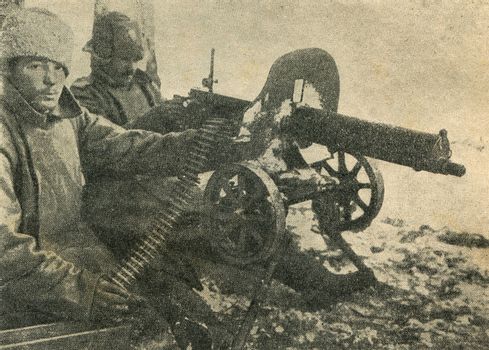Edexcel GCSE - Revision Books
Anglo-Saxon and Norman England, c1060–88
RRP:
£12.99
Price:
£7.99
Members only
You save
£5.00 (38%)
Crime and Punishment in Britain, c1000-Present and Whitechapel, c1870-c1900: Crime, Policing and the Inner City
RRP:
£15.99
Price:
£9.99
Members only
You save
£6.00 (38%)
Early Elizabethan England, 1558–88
RRP:
£12.99
Price:
£7.99
Members only
You save
£5.00 (38%)
Medicine in Britain, c1250–present and the British Sector of the Western Front, 1914–18: Injuries, Treatment and the Trenches
RRP:
£15.99
Price:
£9.99
Members only
You save
£6.00 (38%)
Russia and the Soviet Union, 1917–41
RRP:
£15.99
Price:
£9.99
Members only
You save
£6.00 (38%)
Superpower Relations and the Cold War, 1941–91
RRP:
£12.99
Price:
£7.99
Members only
You save
£5.00 (38%)
The American West, c1835–c1895
RRP:
£15.99
Price:
£9.99
Members only
You save
£6.00 (38%)
The USA, 1954–75: Conflict at Home and Abroad
RRP:
£15.99
Price:
£9.99
Members only
You save
£6.00 (38%)
Weimar and Nazi Germany, 1918–39
RRP:
£15.99
Price:
£9.99
Members only
You save
£6.00 (38%)
Edexcel IGCSE - Revision Books
A Divided Union: Civil Rights in the USA, 1945–74
RRP:
£15.99
Price:
£9.99
Members only
You save
£6.00 (38%)
A World Divided: Superpower Relations, 1943–72
RRP:
£12.99
Price:
£7.99
Members only
You save
£5.00 (38%)
Changes in Medicine, c1848–c1948
RRP:
£12.99
Price:
£7.99
Members only
You save
£5.00 (38%)
China: Conflict, Crisis and Change, 1900–89
RRP:
£12.99
Price:
£7.99
Members only
You save
£5.00 (38%)
Dictatorship and Conflict in the USSR, 1924–53
RRP:
£12.99
Price:
£7.99
Members only
You save
£5.00 (38%)
Germany: Development of a Dictatorship, 1918–45
RRP:
£15.99
Price:
£9.99
Members only
You save
£6.00 (38%)
Russia and the Soviet Union, 1905–24
RRP:
£12.99
Price:
£7.99
Members only
You save
£5.00 (38%)
The Origins and Course of the First World War, 1905–18
RRP:
£12.99
Price:
£7.99
Members only
You save
£5.00 (38%)
The USA, 1918–41
RRP:
£12.99
Price:
£7.99
Members only
You save
£5.00 (38%)
The Vietnam Conflict, 1945–75
RRP:
£12.99
Price:
£7.99
Members only
You save
£5.00 (38%)
CIE - Revision Books
China, c1930-1990
RRP:
£12.99
Price:
£7.99
Members only
You save
£5.00 (38%)
Germany, 1918 - 1945
RRP:
£15.99
Price:
£9.99
Members only
You save
£6.00 (38%)
International Relations: How Effectively Did the United States Contain the Spread of Communism?
RRP:
£12.99
Price:
£7.99
Members only
You save
£5.00 (38%)
International Relations: How Secure Was the USSR's Control Over Eastern Europe, 1948 - 1989?
RRP:
£9.99
Price:
£5.99
Members only
You save
£4.00 (40%)
International Relations: To What Extent Was the League of Nations a Success?
RRP:
£10.99
Price:
£6.99
Members only
You save
£4.00 (36%)
International Relations: Were the Peace Treaties of 1919–23 Fair?
RRP:
£9.99
Price:
£5.99
Members only
You save
£4.00 (40%)
International Relations: Who Was to Blame for the Cold War?
RRP:
£9.99
Price:
£5.99
Members only
You save
£4.00 (40%)
International Relations: Why Did Events in the Gulf Matter, c1970 - 2000?
RRP:
£9.99
Price:
£5.99
Members only
You save
£4.00 (40%)
International Relations: Why Had International Peace Collapsed by 1939?
RRP:
£9.99
Price:
£5.99
Members only
You save
£4.00 (40%)
Russia, 1905 - 1941
RRP:
£15.99
Price:
£9.99
Members only
You save
£6.00 (38%)
The First World War, 1914 - 1918
RRP:
£15.99
Price:
£9.99
Members only
You save
£6.00 (38%)
The United States, 1919 - 1941
RRP:
£12.99
Price:
£7.99
Members only
You save
£5.00 (38%)
AQA - Revision Books
America, 1840–1895: Expansion and Consolidation
RRP:
£12.99
Price:
£7.99
Members only
You save
£5.00 (38%)
America, 1920–1973: Opportunity and Inequality
RRP:
£15.99
Price:
£9.99
Members only
You save
£6.00 (38%)
Britain: Health and the People, c1000 to the Present Day
RRP:
£15.99
Price:
£9.99
Members only
You save
£6.00 (38%)
Britain: Migration, Empires and the People, c790 to the Present Day
RRP:
£15.99
Price:
£9.99
Members only
You save
£6.00 (38%)
Britain: Power and the People, c1170 to the Present Day
RRP:
£10.99
Price:
£6.99
Members only
You save
£4.00 (36%)
Conflict and Tension between East and West, 1945–1972
RRP:
£12.99
Price:
£7.99
Members only
You save
£5.00 (38%)
Conflict and Tension in Asia, 1950-1975
RRP:
£15.99
Price:
£9.99
Members only
You save
£6.00 (38%)
Conflict and Tension: The First World War, 1894–1918
RRP:
£12.99
Price:
£7.99
Members only
You save
£5.00 (38%)
Conflict and Tension: the Inter-War Years, 1918–1939
RRP:
£15.99
Price:
£9.99
Members only
You save
£6.00 (38%)
Elizabethan England, c1568–1603
RRP:
£12.99
Price:
£7.99
Members only
You save
£5.00 (38%)
Germany, 1890–1945: Democracy and Dictatorship
RRP:
£15.99
Price:
£9.99
Members only
You save
£6.00 (38%)
Norman England, c1066–c1100
RRP:
£12.99
Price:
£7.99
Members only
You save
£5.00 (38%)
Russia, 1894–1945: Tsardom and Communism
RRP:
£15.99
Price:
£9.99
Members only
You save
£6.00 (38%)
